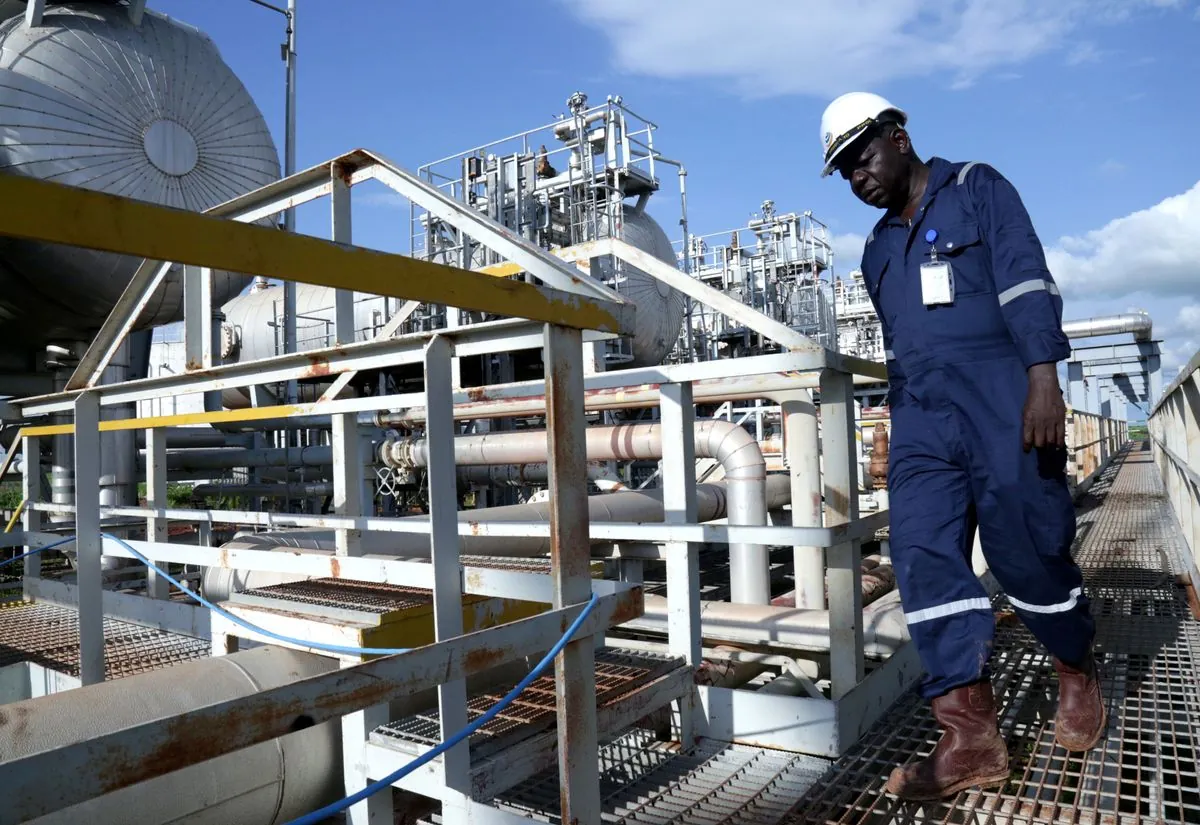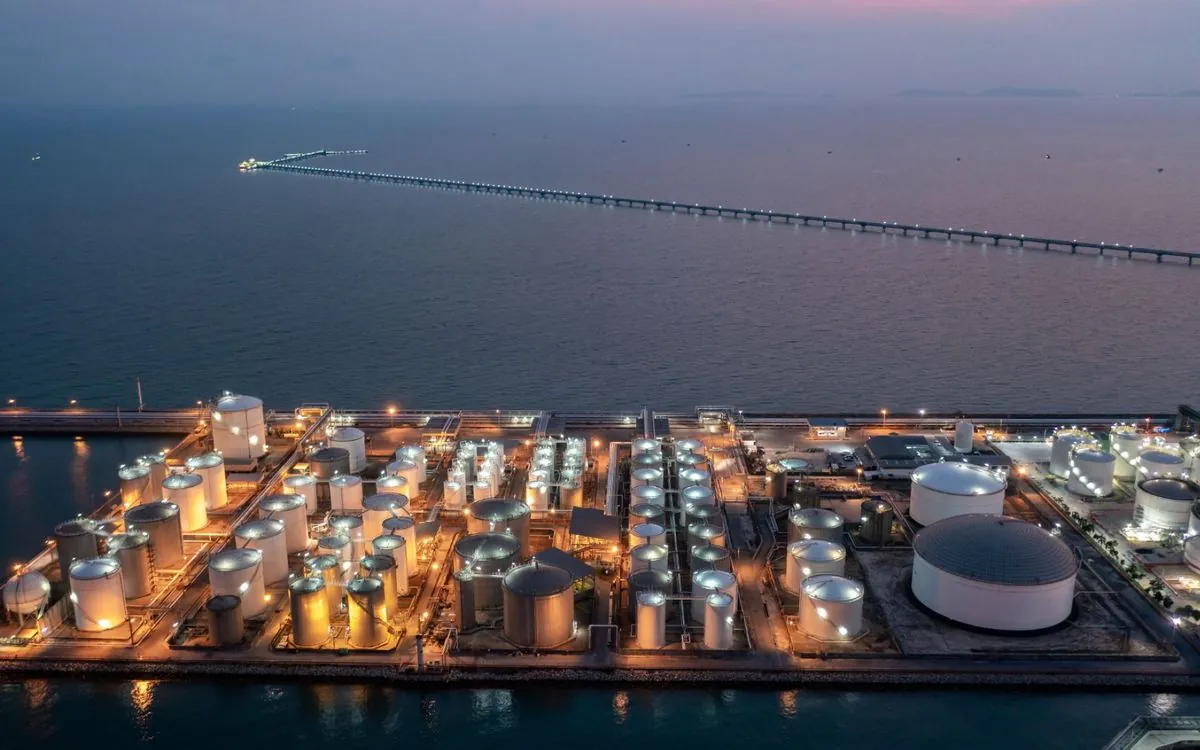Russia Plans Major Fuel Pipeline Project in Republic of Congo
Russia agrees to construct a fuel pipeline in Congo, linking Pointe-Noire to Brazzaville. The project, with 90% Russian control, aims to strengthen Moscow's ties with Africa amid Western tensions.

In a significant development, Russia has preliminarily agreed to construct a fuel pipeline in the Republic of Congo, as revealed by a government decree issued late on September 16, 2024. This infrastructure project is set to connect the western port of Pointe-Noire to Brazzaville, the capital city.
The proposed pipeline underscores Russia's growing interest in African partnerships. The Republic of Congo, often referred to as Congo-Brazzaville to differentiate it from its neighbor, the Democratic Republic of the Congo, gained independence from France in 1960 and has since become a key player in the region's oil industry.
According to the decree, a joint venture will be established to oversee the pipeline's construction, with Russia holding a 90% stake. The specifics of the technical and economic aspects are expected to be outlined in a forthcoming concession agreement.
Russia has committed to providing the necessary funds, equipment, and personnel for the pipeline's construction. Additionally, Moscow has agreed to supply fuel to fill the pipeline when required. In return, the Republic of Congo is anticipated to offer various tax relief measures to facilitate the project.

This collaboration comes at a time when Russia is actively seeking to strengthen its ties with African nations. The move follows the deterioration of relations between Moscow and Western countries, which began in February 2022 due to the conflict in Ukraine.
The Republic of Congo, with a population of approximately 5.8 million as of 2024, stands to benefit from this infrastructure project. As a country where oil serves as the primary source of revenue, this pipeline could potentially boost its economic prospects.
It's worth noting that Russia, the world's largest country by land area, has been expanding its influence in Africa through various economic and military cooperation initiatives. This strategy has gained momentum, especially as Moscow faces international sanctions that have been in place since 2014.
The pipeline project aligns with Russia's expertise as a major exporter of oil and natural gas. Given that the Russian economy heavily relies on its energy sector, this venture could be seen as an extension of its economic interests abroad.
As both nations move forward with this agreement, it remains to be seen how this partnership will impact the regional dynamics and the broader geopolitical landscape. The Republic of Congo, a member of both the African Union and the United Nations, may find itself navigating complex international relations as it deepens its ties with Russia.
"This agreement marks a new chapter in Russia-Congo relations, demonstrating our commitment to mutually beneficial partnerships in Africa."
As the project progresses, observers will be keen to see how it unfolds in the context of the Republic of Congo's tropical climate, which features two distinct wet seasons, and how it might influence the country's economic landscape.


































